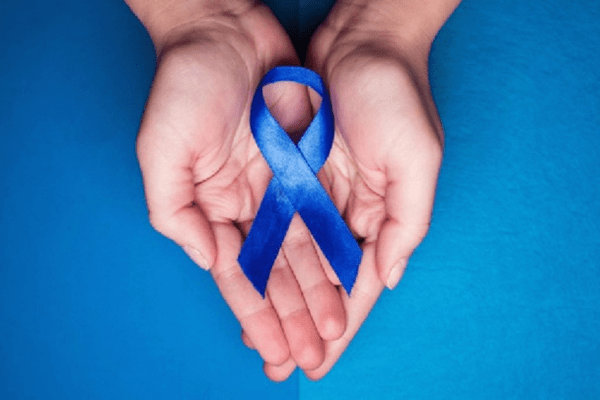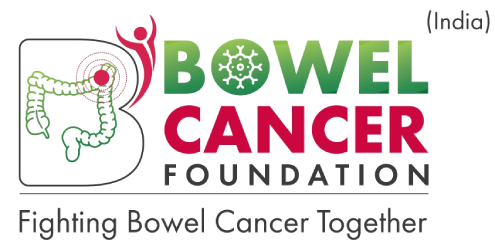- 7904139064 Call Us Now
- info@bowelcancerfoundation.org Email Us
Risk factor
Anal cancer is a rare cancer that develops in the tissues of the anus. It is a type of cancer that is not often talked about, and it can be challenging to identify the risk factors associated with the development of anal cancer.

several factors have been identified that may increase a person's risk of developing anal cancer.
Human papillomavirus (HPV) infection
HPV is a sexually transmitted infection that can cause abnormal cell changes in the anus, leading to anal cancer. In fact, about 90% of anal cancer cases are caused by HPV infection. People with a weakened immune system, such as those living with HIV/AIDS, are at a higher risk of developing anal cancer from an HPV infection.


Sexual activity
Anal cancer is more common in people who have a history of anal sex, particularly if they have multiple sexual partners or engage in unprotected sex. This is because the virus that causes anal cancer is spread through skin-to-skin contact, which can occur during sexual activity.
Age
Anal cancer is more common in older adults, particularly those over the age of 50. As people age, their immune system weakens, making them more susceptible to HPV infection and cancer.


Smoking
Anal cancer is more common in people who have a history of anal sex, particularly if they have multiple sexual partners or engage in unprotected sex. This is because the virus that causes anal cancer is spread through skin-to-skin contact, which can occur during sexual activity.
Other sexually transmitted infections
Other sexually transmitted infections, such as herpes simplex virus (HSV), chlamydia, and gonorrhea, can also increase a person’s risk of developing anal cancer.


History of cervical, vaginal, or vulvar cancer
People who have a history of cervical, vaginal, or vulvar cancer are at an increased risk of developing anal cancer. This is because these cancers are also caused by HPV infection, which can spread to the anus.
Weakened immune system
People with a weakened immune system, such as those living with HIV/AIDS, are at an increased risk of developing anal cancer. This is because a weakened immune system makes it harder for the body to fight off cancer-causing infections.

It’s important to note that having one or more of these risk factors does not mean that a person will develop anal cancer. However, knowing these risk factors can help people take steps to reduce their risk, such as getting vaccinated against HPV, using condoms during sexual activity, quitting smoking, and getting regular screenings if they are at a higher risk due to a weakened immune system or a history of other types of cancer.
